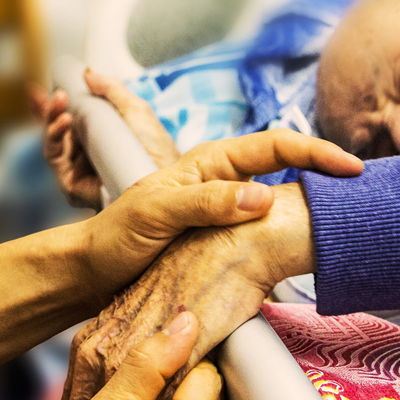
‘Healthy diet’ is not the same for everyone
The way we metabolise foods differs from person to person, and one recent study is backing the idea of ‘personalised nutrition’. The study looked at the blood glucose levels of 800 people that consumed the same meals for a week. It is known that high blood glucose levels have a close association with obesity, pre-diabetes and Type 2 diabetes. The glycaemic index (GI) is normally used to rank foods on how they affect blood sugar levels. However, this study suggests that the effects differ from person to person.
Although many factors may affect the glucose response, they found that some individuals had vastly different responses to food, and some even in the opposite direction. This highlights the fact that, although some recommendations on dietary intake can be made, they can actually be detrimental to some patients. In order to discover why such vast differences may occur between people, the researchers analysed stool samples and came to the conclusion that gut bacteria play a major role in the responses for each person. They then adjusted meals for some patients, according to their previous responses, and were able to reduce post-meal spikes in blood sugar. To this end, it seems that personalised nutrition needs to be a reality soon in order to curb obesity epidemics and provide effective interventions for those affected.
To learn more about obesity, its prevention, and its treatment please look at CCH’s Postgraduate Academic Courses in Lifestyle Medicine (Obesity Care), and CPD Short Courses in topics such as childhood obesity and behaviour change, designed to up-skill health professionals in this vitally important, and often overlooked, area of care.





Great to share the information.
Thank you for sharing.